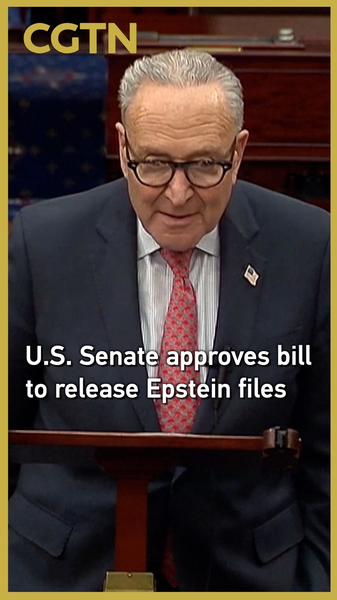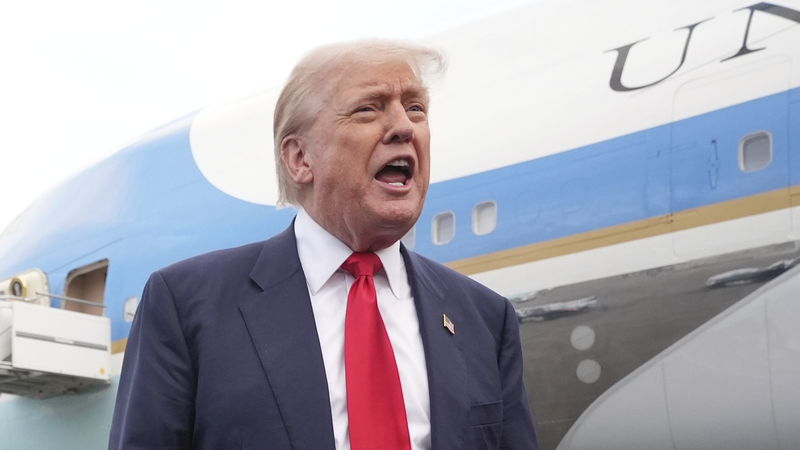U.S. President Donald Trump announced late Wednesday that he signed the Epstein Files Transparency Act, mandating the Department of Justice (DOJ) to release documents tied to Jeffrey Epstein's case. The move follows months of political tug-of-war and a rare bipartisan push in Congress. 🕵️♂️
From Delays to Discharge Petitions
Introduced in July 2025, the bill faced delays until Representatives Ro Khanna (D) and Thomas Massie (R) forced a vote via a discharge petition. After securing 218 signatures post-recess, the House and Senate swiftly passed it this week.
What’s in the Files?
The DOJ must now disclose records on Epstein’s crimes, Ghislaine Maxwell’s role, flight logs, and individuals linked to the case. Exceptions include victim identities and active investigations. Critics speculate this could expose high-profile names. 💼✈️
Political Firestorm
Trump’s decision comes days after House Democrats released Epstein-related documents involving him. Republicans retaliated by publishing a larger batch targeting figures like Bill Clinton. Trump also ordered a DOJ probe into Democratic donors tied to Epstein, calling it a 'countermeasure' against 'distractions.'
Why It Matters
Epstein’s 2019 death in jail, ruled a suicide, left unanswered questions about his elite network. While Trump vowed in 2024 to 'release everything,' the DOJ previously claimed no 'incriminating client list' existed. Now, with files set to go public, the move could reignite debates on accountability—and partisan blame games. 🔥
As Senate Democratic leader Chuck Schumer put it: 'This is about transparency… holding accountable all in Epstein’s circle.' But with Trump framing it as a 'win' against Democratic 'distractions,' the battle for narrative control is just beginning. 💥
Reference(s):
cgtn.com







